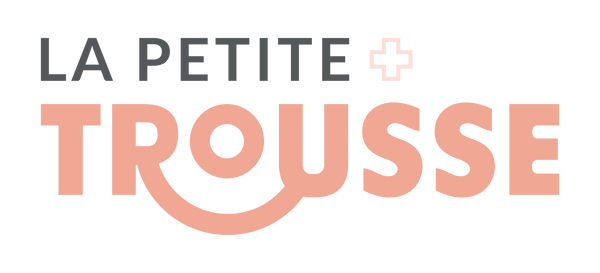As parents, it is our responsibility to protect our children and provide them with a safe environment. However, it is essential to also prepare for emergency situations that may arise, such as choking and cardiopulmonary arrest. In this article, we will explore the importance of knowing emergency actions, share alarming statistics, true stories and provide you with valuable recommendations to help you respond effectively to these critical situations.
Alarming statistics: Before diving into the details of emergency actions, it is important to realize the scale of the problem. According to statistics, each year a significant number of children suffer from choking and cardiorespiratory arrest, often in their own home environment. These situations can arise unexpectedly and require immediate intervention.
The importance of awareness: Awareness is the key to preventing tragic accidents and saving lives. As parents, we need to take the time to learn and become familiar with basic first aid techniques. This knowledge can mean the difference between life and death when a loved one is faced with an emergency.
Stories of Lives Saved: There is nothing more inspiring than hearing stories of lives saved through the right emergency actions. Let me share with you the story of little Pax and his parents which illustrates the importance of these vital skills.
“Our little boy, then 6 months old, was starting to eat the DME way.
My boyfriend and I were both at the table when our boy started to stop breathing and his face quickly started to turn red/blue. He opened his mouth, as if in shock, but no sound came out. It was extremely scary, when you think about it.
But you know how lucky we were? We had followed your training about 3 weeks previously! So, my friend, being the closest, quickly grabbed Pax by taking him out of his high chair, I quickly intervened to remove the bib and clear the place. I had even printed the cheat sheet on the fridge so I even took the whole thing in a fraction of a second.
We did the maneuvers you taught us: tapping vigorously and doing chest compressions. And after what seemed like an eternity (but was actually seconds), the falafel dough came free and we were able to dislodge the whole thing with our fingers. Pax started breathing again and returned to normal colors instantly.
We then hugged each other. I sobbed with gratitude to know that my boy love, my treasure, the love of my life, was safe and sound."
Recommendations for parents: Now that we understand the importance of knowing emergency procedures, here are some recommendations to help you prepare:
-
Take first aid training: Enroll in a parent-friendly first aid course to learn basic techniques in the event of choking and cardiopulmonary arrest.
-
Keep a first aid kit: Make sure you have a well-equipped and easily accessible first aid kit at home and on the go.
-
Learn emergency procedures specific to each age group: First aid techniques may vary depending on the age of the child. Familiarize yourself with the appropriate actions for each age group.
-
Raise awareness among those around you: Share your knowledge with family members, friends and loved ones so that they can also respond adequately in the event of an emergency.
As parents, it is essential to prepare for emergency situations such as choking and cardiopulmonary arrest. First aid awareness, knowledge and training can save lives!

